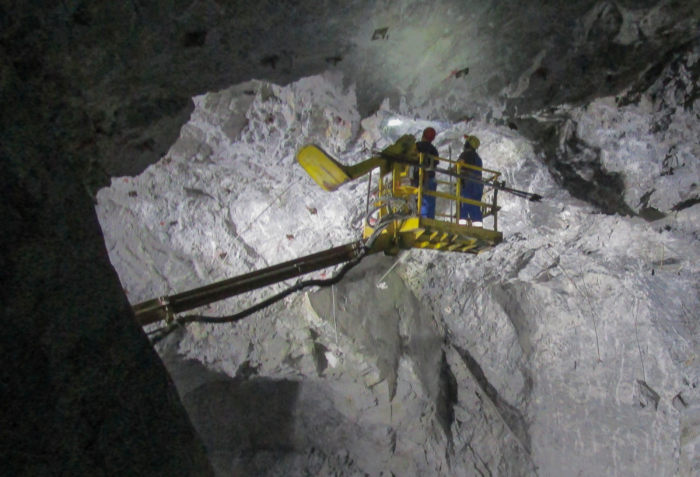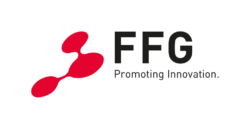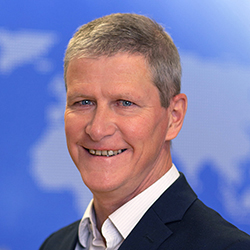
The rock mechanical assessment of underground mining structures such as drifts and tunnels is still mostly carried out manually and visually by qualified personnel. These procedures are time-consuming, prone to error, and associated with significant risks. At the same time, there is a lack of robust, networked systems that enable continuous real-time monitoring, evaluation, and response to unstable areas. The integration of digital technologies such as sensor systems, artificial intelligence (AI), autonomous robotics, and wireless communication into the complex underground environment has so far been limited.
The MineView project aims to close this gap by developing a holistic, autonomous system for rock condition assessment in underground mining. It combines multi-dimensional data acquisition (e.g. via robots, drones, and sensors embedded in rock), and AI-driven algorithms for interpretation, classification, and early warning.
Project duration: 2025 – 2028

Project partner:
On 3 June 2025, the new educational project MOSA – short for Montanuni Outdoor Science Activities – was launched. Numerous interested visitors, including pupils from the Leoben district as well as students and staff from the Montanuniversität planted 1,600 plants in carbon-enriched soil along the newly created nature trail next to the university’s research center for hydrogen and carbon.

MOSA stands for practical learning outdoors with all senses. The project brings research from the university directly to the field and demonstrates in an exciting way how resources can be used effectively. Through stations along the new nature trail, students, teachers and the interested public can interactively experience how new technologies, circular economy, biodiversity, carbon applications and renewable resources intertwine.
On the newly created area, the Montanuniversität Leoben enables active understanding of different future scenarios and thus also makes a significant contribution to the implementation of sustainable technologies.

Hanno Bertignoll graduated as mining engineer in Leoben. He started 2018 as Project Manager at the RIC Leoben. His activities include coordination, application and development of EIT RM projects. He serves as the interface between the university institutes and the EIT RM, and networks to connect relevant partners. Additionally, he supports selected projects as project expert and coordinates the RIC marketing activities.
The project aims to produce hydrogen and synthesis gas as sustainable energy sources on the one hand, and high-quality carbon on the other, based on the pyrolysis of biomass and subsequent conversion of the pyrolysis gas in a metal bath reactor.
The carbon captured from the atmosphere by plants during photosynthesis is permanently captured as elemental solid carbon through the combined pyrolysis and thus no longer returns to the atmosphere.

Project content:
Applications of high-purity carbon include:
Partners for future work limited to basic research with the help of the requested funds are: voestalpine AG, Ministry of Agriculture, Schunk Carbon Technology, Marienhütte Stahl- und Walzwerks GmbH, Montanwerke Brixlegg, Industriepark Arnoldstein, RHI Magnesita, Primetals Austria AG, OMV, CEMTEC GmbH, etc.
Impact:
For the Upper Styria region, a positive impact is expected for the hydrogen-using industry, as well as an incentive for companies involved in the use of high-purity carbon in high-tech applications and agriculture to settle in the area. In addition, an innovative research and development facility will also greatly enhance the location of the Montanuniversität Leoben in Upper Styria and create extensive new opportunities in the field of hydrogen and carbon research.
This project is funded by the Just Transition Fund (JTF) of the EU. Detailed information on the EFRE- & JTF funding programmes can be found under www.efre.gv.at
